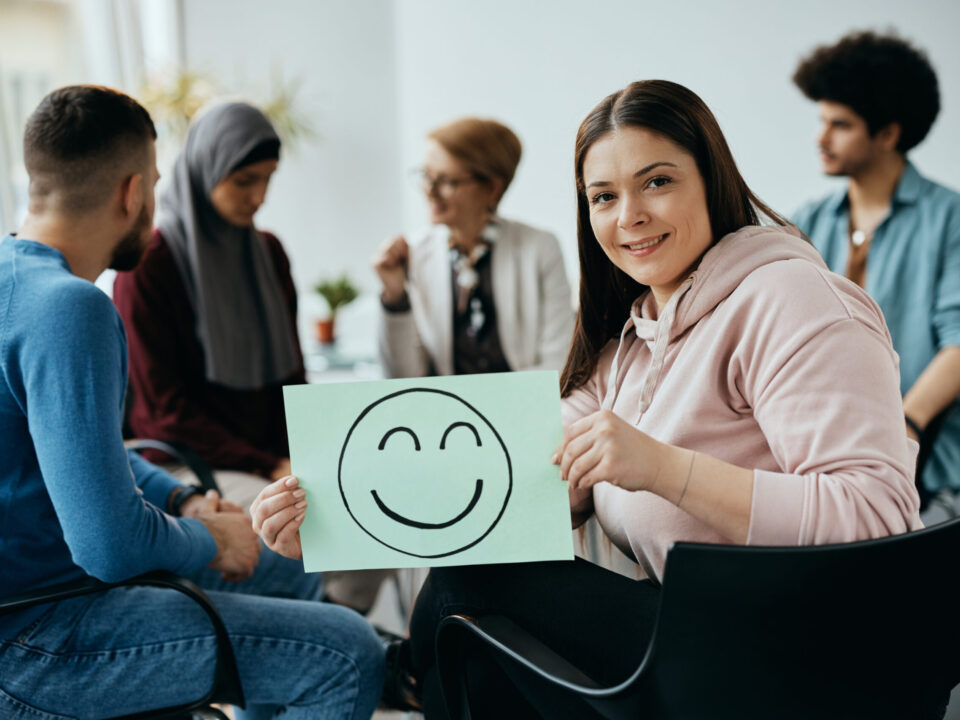
Using SEO to Increase Organic Calls for Addiction Treatment Centers
September 12, 2024Enhancing Call Center Operations in Mental Health and Addiction Treatment
November 20, 2024Call centers are a crucial component of addiction treatment and mental health services. They act as the first point of contact for individuals seeking help, making their efficiency and empathy vital to the overall success of treatment centers. By streamlining call center operations and focusing on patient-centered approaches, mental health and addiction services can improve their outreach, enhance patient satisfaction, and drive more successful outcomes.
This blog explores strategies for optimizing call centers specifically for addiction treatment and mental health services, ensuring a balance between technology, empathy, and operational excellence.
Section 1: The Critical Role of Call Centers in Healthcare
Call centers are often the gateway through which people access addiction treatment and mental health services. As the initial touchpoint for individuals who are seeking help, the quality of service delivered can directly influence their decision to engage in treatment. A well-optimized call center does more than handle inquiries—it builds trust, offers immediate support, and guides individuals toward recovery.
In addiction treatment and mental health services, first impressions matter. Optimizing call center operations allows service providers to create a seamless, compassionate, and efficient process for callers who are often in distress.
Section 2: Training Call Center Agents for Addiction and Mental Health Services
Proper training is the foundation of an effective call center. Agents dealing with addiction treatment and mental health calls require specialized training to handle delicate situations with care. They must be able to provide accurate information, maintain patient confidentiality, and show empathy throughout the conversation.
To optimize call center operations, consider implementing the following training elements:
- Comprehensive Knowledge: Train agents on addiction treatment and mental health services, including available programs, treatment options, and common challenges.
- De-escalation Techniques: Equip agents with tools to calmly manage distressing calls or situations.
- HIPAA Compliance: Ensure agents understand the importance of patient privacy and confidentiality when discussing sensitive medical information.
- Emotional Support: Offer emotional intelligence training to help agents communicate with empathy and understanding.
Investing in robust training programs will enhance the capabilities of your call center agents, ultimately leading to better service and higher success rates.
Section 3: Utilizing Advanced Technology for Call Efficiency
Technology is a critical driver in optimizing call center operations for addiction treatment and mental health services. By integrating advanced call-handling software, treatment centers can streamline operations, reduce wait times, and improve the overall caller experience.
Some key technologies that can help optimize your call center include:
- Customer Relationship Management (CRM) Systems: These systems track patient information and history, making it easier to offer personalized responses.
- Automatic Call Distribution (ACD): This system ensures that calls are routed to the most appropriate agent, minimizing transfers and reducing caller frustration.
- Interactive Voice Response (IVR): IVR systems can help filter incoming calls, guiding callers to the right department based on their needs.
Leveraging these technologies can improve the efficiency of call handling and allow agents to focus on delivering more personalized and compassionate care.
Section 4: Enhancing Personalization and Empathy in Call Interactions
One of the core aspects of optimizing call center operations in addiction treatment and mental health services is personalizing interactions. Every caller has a unique set of circumstances, and their experience should reflect that. Personalization goes beyond using a caller’s name—it involves understanding their situation, offering tailored advice, and providing reassurance.
Ways to enhance personalization include:
- Collecting Caller Data: Use data from previous calls or inquiries to guide future interactions.
- Customizing Recommendations: Offer specific treatment plans or services based on the caller’s needs.
- Following Up: Send personalized follow-up emails or calls to check on the progress of individuals who have sought help.
Empathy should be central to every interaction. Listening carefully to the caller’s concerns, validating their feelings, and providing clear guidance are essential for building trust and encouraging further engagement with mental health or addiction treatment services.
Section 5: Measuring Call Center Performance for Continuous Improvement
Measuring performance is key to ensuring that your call center is operating at peak efficiency. By monitoring various metrics, treatment centers can identify areas for improvement and optimize their processes further.
Here are some metrics to track:
- Average Handle Time: The amount of time it takes to handle a call from start to finish.
- First Call Resolution (FCR): The percentage of calls that are resolved on the first attempt without the need for follow-up.
- Customer Satisfaction (CSAT): A direct measurement of how satisfied callers are with the service they receive.
- Call Abandonment Rate: The percentage of callers who hang up before their call is answered.
By consistently analyzing these key performance indicators (KPIs), call centers can identify trends, make adjustments to improve service, and ensure that callers receive prompt and compassionate assistance.
Section 6: Maintaining Compliance and Ethical Standards
Compliance with legal and ethical standards is particularly important in the healthcare industry. Call centers for addiction treatment and mental health services must adhere to all relevant regulations, including HIPAA, which protects patient confidentiality.
To optimize call center operations, make sure that:
- Agents Are HIPAA-Compliant: Regular training on HIPAA and other relevant regulations should be mandatory for all call center staff.
- Scripts Follow Ethical Guidelines: Ensure that the scripts used for calls are designed to be respectful, non-judgmental, and supportive.
- Data Security Measures Are In Place: Implement strict security protocols for handling sensitive patient data, including encryption and secure storage systems.
By maintaining the highest standards of ethical behavior and compliance, call centers can ensure that individuals seeking help feel secure and respected throughout the process.
Conclusion: The Path to Optimizing Call Centers for Mental Health and Addiction Treatment
Optimizing call centers in the addiction treatment and mental health services space requires a multi-faceted approach. From investing in agent training to utilizing advanced technology, enhancing personalization, and maintaining compliance, these steps can lead to better patient experiences and improved outcomes.
A well-optimized call center ensures that individuals in need of addiction treatment or mental health services can easily access the help they require, receive empathetic and accurate assistance, and feel confident in taking the next steps toward recovery.



